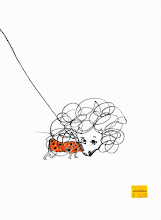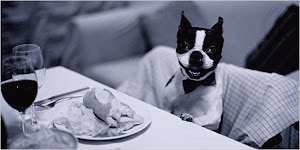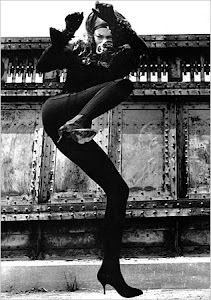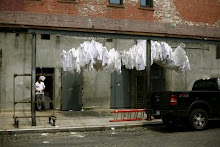 There is a character in current literature that always haunts me long after the last word is read. He is a small boy, smart beyond smartypants, an outsider, solid within himself but vulnerable to the taunts and torments of other children, he is a brave little soul striving to be his own man in a world that mocks him.
There is a character in current literature that always haunts me long after the last word is read. He is a small boy, smart beyond smartypants, an outsider, solid within himself but vulnerable to the taunts and torments of other children, he is a brave little soul striving to be his own man in a world that mocks him.He was the literal, solid, inadvertently hilarious son of a single mom in About a Boy; he was the brave autistic soul trying to figure it all out in The Curious Incident of the Dog in the Nighttime, and he is Oskar Schell, the absurdly clever and so deeply wounded boy in Extremely Loud.
Oskar loves his dad and his dad loves him. In fact, Oskar is lucky enough to have that parent and friend who truly SEES him and loves him, who knows and applauds his tiny madnesses and quirks. He has, in other words, what we are all led to believe we deserve -- someone who loves him unconditionally. And then something terrible happens.
It can be a cheap trick to use 9/11 as a plot point, and it's become a bit too easy to throw that in to make a book "relevant". But in this book 9/11 or something just like it is imperative. In fact, the author makes us think about the effect of the devastation in a slightly new way -- one of the hardest parts of the tragedy is Oskar doesn't really know what happened to his dad, how exactly he lost his life and this seems like a hole that can't be filled, as the coffin can't be filled. There was a dad and then there was .... nothing. And, Oskar was sent home from school on that terrible morning, and got home in time to hear the many, many messages his dad left for him. Why didn't his dad say "I love you"? Why didn't Oskar pick up the phone? There is a truth to the human condition when facing what must not be real, and that truth could not be told otherwise.
Oskar's brave struggle to heal his broken heart broke mine. Such a smart little boy, and one trying so hard -- often things that happen in his day give him "heavy boots" but sometimes, luckily, he feels like "one hundred dollars." He has a grandmother who loves him utterly, and a mom who protects him like a guardian angel, silently and unseen; he lives in a cocoon of caring but it doesn't matter. See, his heart is broken and he needs to walk through that country until he finds a new state of being.
I don't know why this sort of boy means so much to me. I remember once having lunch at school in the very small and harsh town we lived in briefly. Among us that day were a few of the rawboned, extra-large farm boys who were probably a bit too old to be in Grade 8, which I was at the time, and one in particular was singled out for ridicule. He was a boy who didn't say much and why would he, and he ate his lunch silently ignoring the rest of us including the other boys who were teasing and throwing things and being obnoxious as boys are bound to be at that age and always....he opened his thermos and poured out a cup of chocolate milk. It was not fancy store-bought chocolate milk but something homemade and kind of grainy looking, and this made the other boys howl with laughter. They made such fun of him and his poverty, and he resolutely turned deaf. I couldn't bear it then and remember the scene with pain often -- someone loved him and wanted to soften his day a little, and that small gesture turned into yet another means to hurt him. Oskar's little quirks so lauded by his dad -- maybe his inventions or jewellery or the business card he made for himself -- made him the object of fun among those who loved him not at all. Never think childhood is innocent. Its casual cruelty would kill us all, which is why we become adults.











